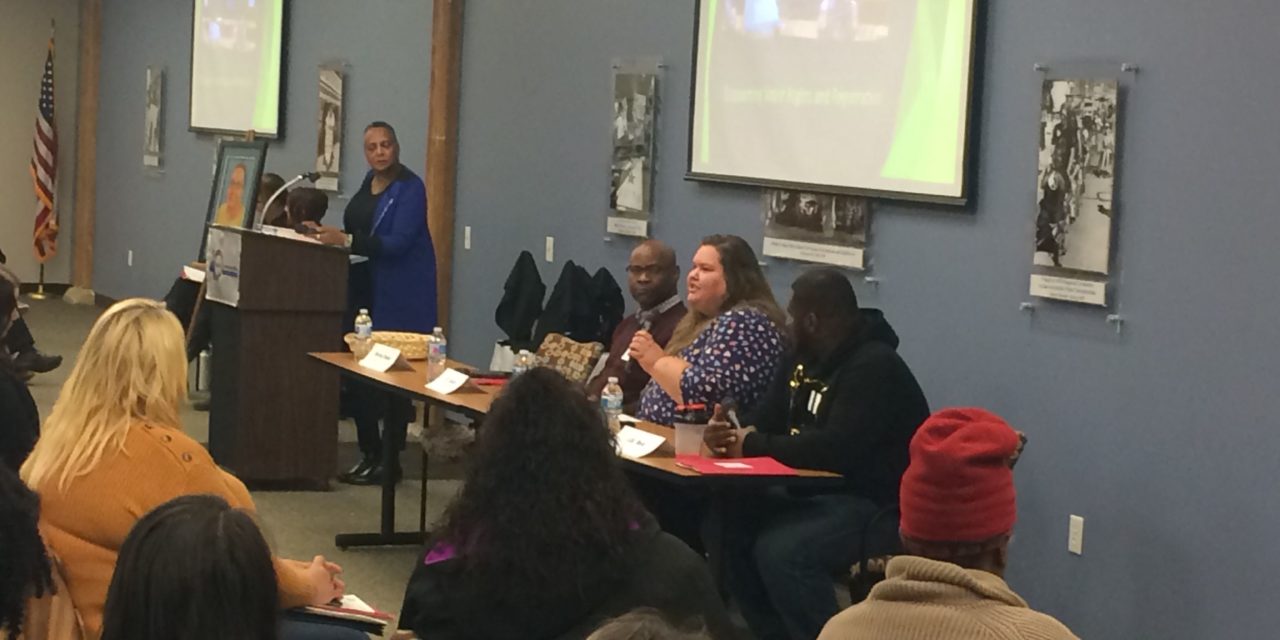
More support needed to help those with mental health challenges work

Work can play a role in helping people with mental health challenges recover, but there’s a need for more supportive employment services, the head of a Madison-based mental health nonprofit said last week in Milwaukee.
Only 2 percent of adults with serious and persistent mental illness have access to supportive employment, Dani Rischall, executive director of Chrysalis, said at a forum hosted by the Milwaukee Mental Health Task Force.
While the majority of adults receiving public mental health services want to work, the current employment rate is around 20 percent, she said.
“Employment should not be an afterthought for people with mental health challenges. Instead, we must see employment as an incredibly important tool, a step along someone’s mental health recovery journey,” she said. “Work is recovery.”
Chrysalis runs Chrysalis Pops, which offers jobs to those with mental health challenges producing and selling organic fruit pops. The program helps them learn skills, address mental health challenges and develop future employment goals.
A panel of community members at the forum shared their experiences with mental health challenges and work, suggesting ways to break down barriers to employment.
Marie Perry, supervisor of the Community Linkages and Stabilization Program at La Causa, Inc., said she’s concerned about employment and access to benefits.
Perry said she lost her Medicaid coverage when she went back to work, which meant she lost psychiatry, therapy and access to other programs. She said she was “pretty unwell” even though she was trying to stay in the workforce.
“We want to participate in society,” she said. “We want to work. We want to be employed. We want to have all the benefits of employment. We just need some help to get there.”
Perry said another concern is access to transportation.
“When I was first employed, getting bus tickets to get to work was a huge concern of mine,” she said. “Thank goodness some people stepped in and helped me out or I wouldn’t have been able to get to work.”
L.T. Austin, employment and education specialist at Wisconsin Community Services’ Coordinated Opportunities for Recovery and Empowerment Program, works with ex-offenders.
He said many leaving the criminal justice system face challenges with housing.
“If they don’t have a safe place to go, they’re going back to the same toxic environments, the same toxic relationships,” he said. “And the chances of them re-offending is really high. To me, I believe more resources toward housing for ex-offenders could be pretty beneficial.”
This article first appeared in the Wisconsin Health News daily email newsletter. Sign up for your free trial here.





